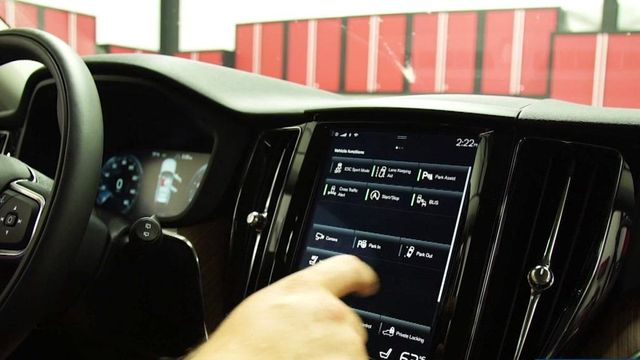Which cars are collecting your data and why
How much information does your car have on you? Many cars today are being made with cameras and wireless data connections making it easier for automakers to collect data. Consumer Reports, a non-profit organization that works to promote fairness in the marketplace, said the more high tech a car is, the more data is collected.
Posted — UpdatedMost new cars are equipped with cameras that usually face outside, but the new Tesla Model 3 has an inside-facing camera.
"The manual says the camera is not turned on right now, but it could be used in potential future features," said Jake Fisher, director of auto testing at Consumer Reports. "Tesla promises that it will let customers know before they turn the camera on."
General Motor's 2018 Cadillac CT6 with super cruise also has an internal camera mounted on the steering column. It monitors the driver for signs of distraction, but GM said it does not capture or store video.
The auto industry has voluntary guidelines about privacy, but Consumers Union, Consumer Report's advocacy arm, wants more regulation and greater transparency. They want car companies to be upfront about the information they're collecting.
"Consumers shouldn't be put in a position where they have to search for what information is being gathered about them, how it's being gather and what it's being used for," Fisher said.
Related Topics
• Credits
Copyright 2024 by Capitol Broadcasting Company. All rights reserved. This material may not be published, broadcast, rewritten or redistributed.





